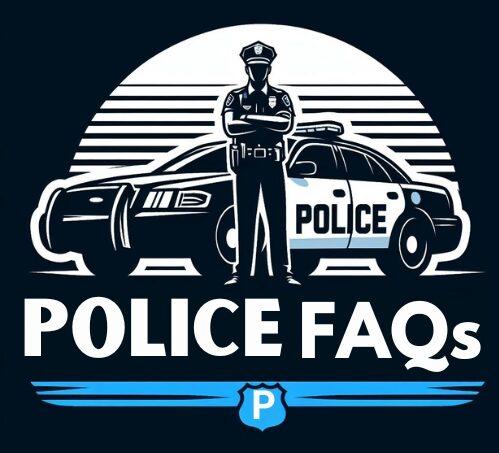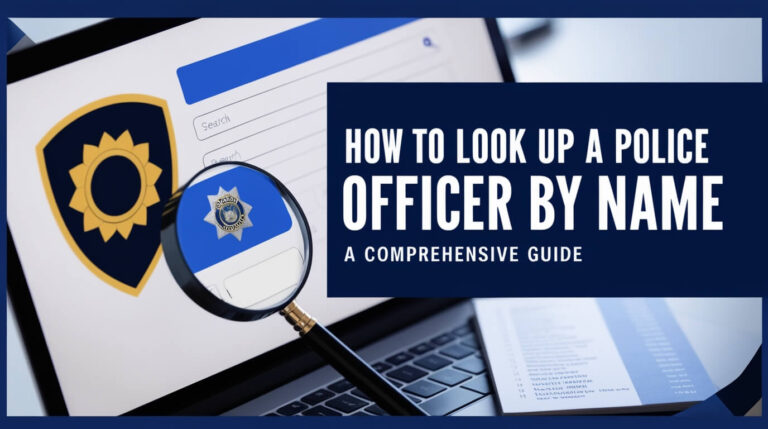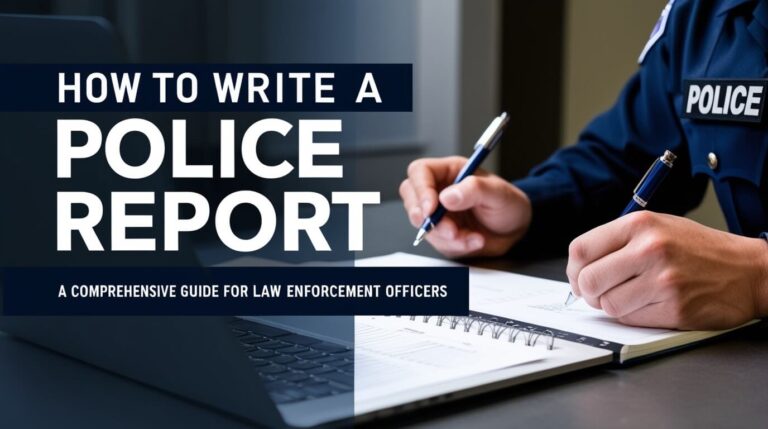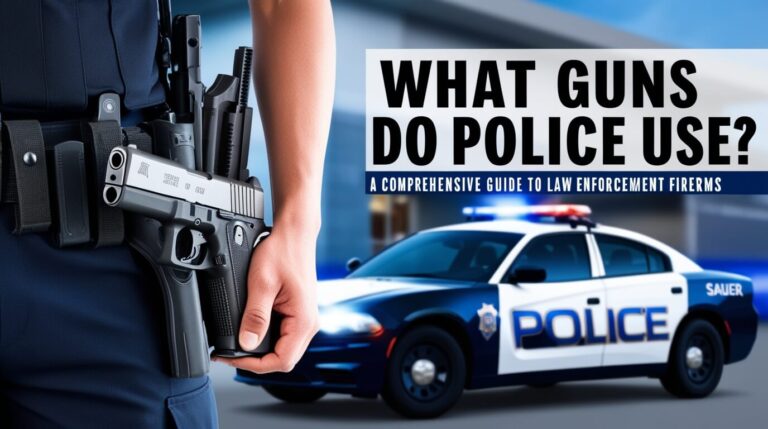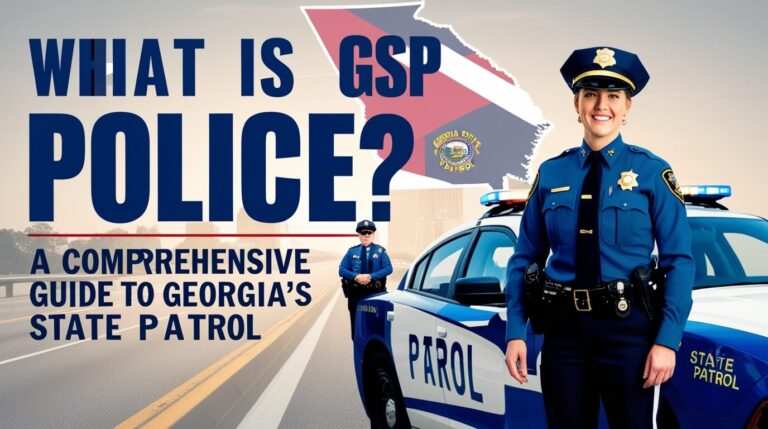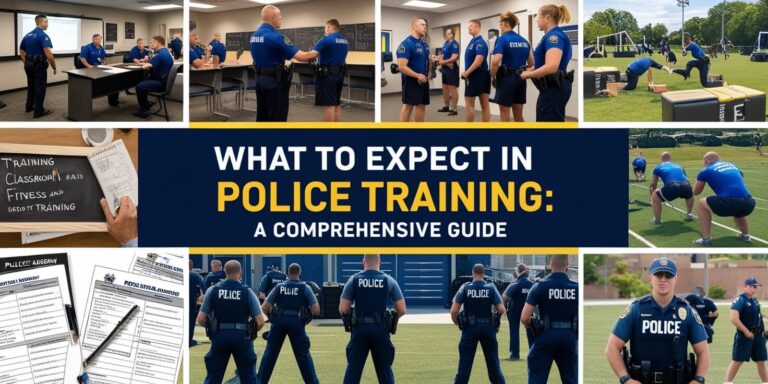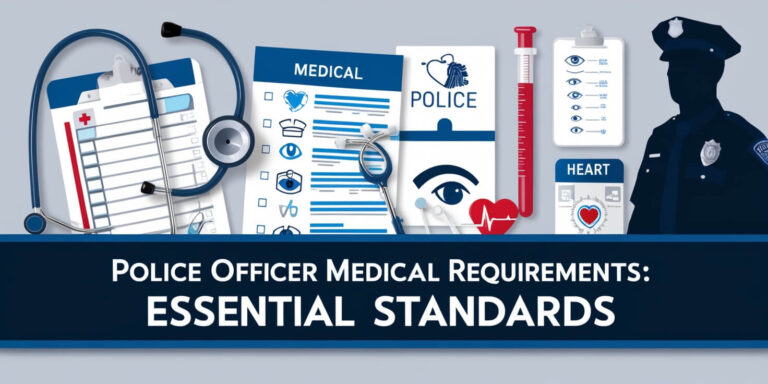What is a Police Background Check: A Comprehensive Guide
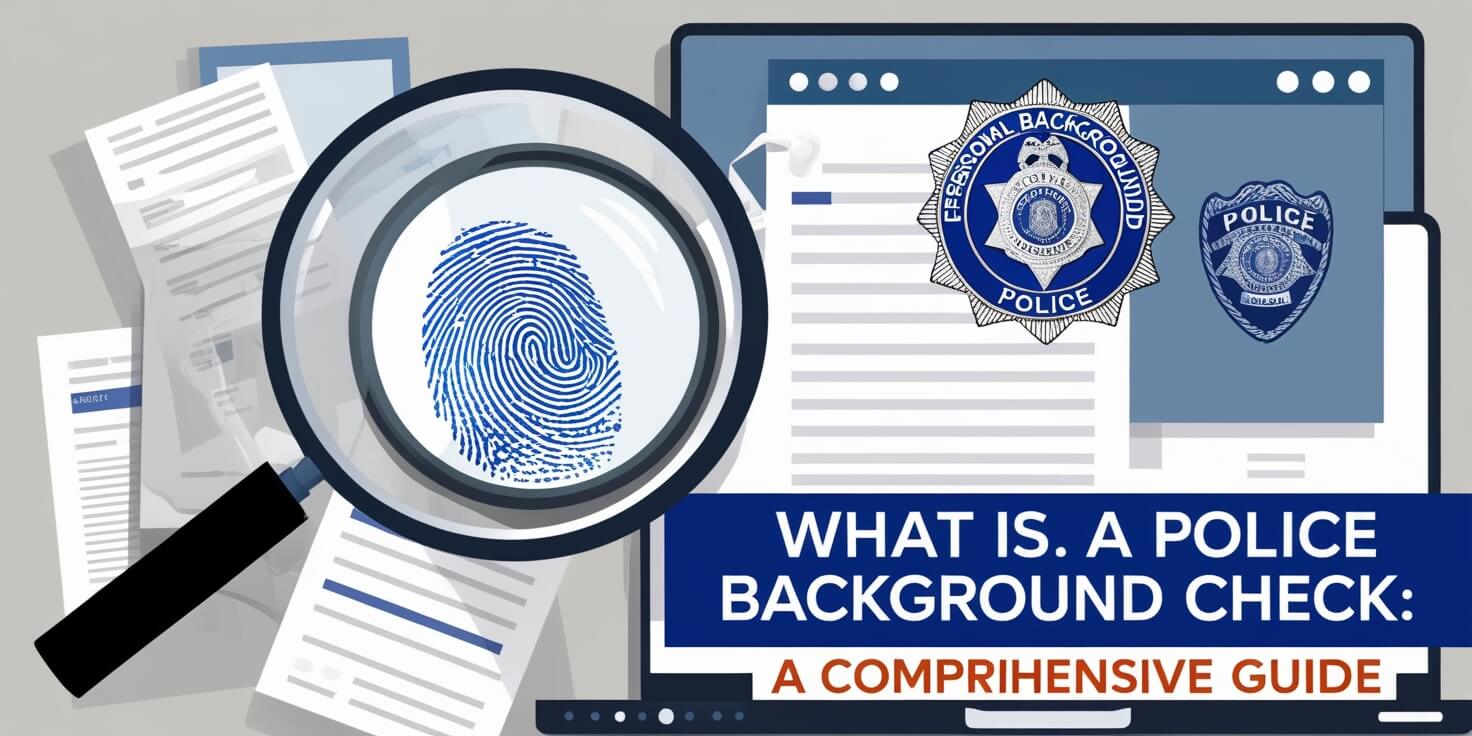
A police background check is a thorough investigation into an individual’s personal, professional, and criminal history conducted by law enforcement agencies to evaluate candidates for police officer positions. This process aims to ensure that potential officers meet the high standards of integrity and trustworthiness required for such a critical role in society.
In this guide, we’ll explore every aspect of police background checks, from the basic definition to the specific areas examined, common disqualifiers, and how to prepare for this crucial step in the law enforcement hiring process.
Definition and Purpose of Police Background Checks
Police background checks serve as a vital tool for law enforcement agencies to assess the suitability of candidates for police officer positions. These checks go beyond typical employment screenings, delving deep into an applicant’s past to ensure they possess the moral character and reliability needed for such a responsible role.
Key Components of a Police Background Check
A police background check typically includes:
- Criminal record search
- Employment history verification
- Education confirmation
- Credit history review
- Driving record examination
- Drug use history
- Social media activity assessment
- Personal references
- Neighborhood interviews
Why Police Departments Conduct Background Checks
Police departments carry out these extensive checks for several reasons:
- To protect public safety
- To maintain the integrity of the police force
- To ensure candidates can handle sensitive information
- To verify the honesty and reliability of potential officers
The Process of a Police Background Check
Understanding the steps involved in a police background check can help candidates prepare and know what to expect.
Application and Consent
The process begins when an applicant submits their application for a police officer position. This application typically includes:
- Personal information
- Employment history
- Educational background
- References
Candidates must provide written consent for the background check, allowing the department to access various records and contact references.
Information Gathering
Once consent is given, the department begins collecting information from various sources:
- Criminal databases
- Previous employers
- Educational institutions
- Credit reporting agencies
- Department of Motor Vehicles
- Social media platforms
Verification and Analysis
Investigators then verify the gathered information and analyze it for any discrepancies or red flags. This may involve:
- Contacting references
- Interviewing neighbors
- Crosschecking information from different sources
Areas Examined in a Police Background Check
Police background checks are comprehensive, covering numerous aspects of a candidate’s life. Let’s explore each area in detail.
Criminal History
A thorough review of an applicant’s criminal record is crucial. This includes:
- Felony convictions
- Misdemeanors
- Arrests (even if they didn’t lead to charges)
- Juvenile records (in some cases)
Police departments typically look for patterns of behavior and the nature of any offenses, rather than isolated minor incidents.
Employment History
Investigators verify past employment, focusing on:
- Dates of employment
- Positions held
- Reasons for leaving
- Work performance
- Disciplinary actions
They may contact former supervisors and colleagues to get a complete picture of the candidate’s work ethic and reliability.
Education Verification
This involves confirming:
- Degrees earned
- Dates of attendance
- Academic performance
- Disciplinary actions
Financial Records
A credit check helps assess a candidate’s financial responsibility. Investigators look for:
- Outstanding debts
- Bankruptcies
- Late payments
- Overall credit score
Financial stability is important because officers with significant debts might be more susceptible to bribery or corruption.
Driving Record
Given that police officers often drive as part of their duties, a clean driving record is essential. Checks include:
- Traffic violations
- DUIs
- License suspensions
- Accidents
Drug Use History
Departments have varying policies on past drug use, but current drug use is universally disqualifying. They may consider:
- Types of drugs used
- Frequency of use
- How recent the use was
Social Media Activity
Increasingly, departments review candidates’ social media presence for:
- Inappropriate content
- Controversial opinions
- Evidence of illegal activities
- Overall character assessment
Common Disqualifiers in Police Background Checks
While policies vary between departments, certain factors often lead to disqualification.
Felony Convictions
Most departments automatically disqualify candidates with felony convictions, especially for violent crimes or those involving moral turpitude.
Serious Misdemeanors
Certain misdemeanors, particularly those involving violence, theft, or dishonesty, can be disqualifying.
Recent Drug Use
While policies on past drug use vary, recent use (typically within the past 3-5 years) is usually disqualifying. Hard drug use may lead to permanent disqualification.
Poor Credit History
Significant financial issues, particularly those suggesting irresponsibility, can be disqualifying.
Dishonorable Military Discharge
For candidates with military service, a dishonorable discharge is typically an automatic disqualifier.
Duration of Police Background Checks
The length of a police background check can vary significantly based on several factors.
Factors Affecting the Timeline
- Complexity of the candidate’s history
- Number of places the candidate has lived or worked
- Responsiveness of previous employers and references
- Workload of the investigating department
Average Timeframes
While it varies, most police background checks take between 2-6 months to complete. Some may be faster, while others, particularly for federal law enforcement positions, can take a year or more.
Legal Considerations in Police Background Checks
Police background checks must comply with various laws and regulations to ensure fairness and prevent discrimination.
Fair Credit Reporting Act (FCRA)
The FCRA requires that:
- Candidates give written consent for the background check
- Departments notify candidates if information from the check will be used against them
- Candidates have the right to dispute inaccurate information
Equal Employment Opportunity Commission (EEOC) Guidelines
The EEOC provides guidance to ensure background checks don’t result in discrimination. Key points include:
- Avoiding blanket policies that disproportionately affect protected groups
- Considering the nature and gravity of offenses
- Assessing the time that has passed since an offense
- Evaluating the nature of the job sought
How to Prepare for a Police Background Check
Proper preparation can help candidates navigate the background check process more smoothly.
Gathering Necessary Documents
Collect and organize:
- Birth certificate
- Driver’s license
- Social Security card
- High school and college transcripts
- Military discharge papers (if applicable)
- Previous employment records
Self-Assessment and Disclosure
- Review your own history critically
- Be prepared to explain any potential red flags
- Practice honesty and full disclosure
Consequences of Failing a Police Background Check
Failing a police background check can have both immediate and long-term impacts.
Immediate Impact on Application
A failed background check typically results in the candidate being removed from consideration for the position.
Long-term Career Implications
- Difficulty applying to other law enforcement agencies
- Potential impact on other careers requiring security clearances
- Need to wait before reapplying (policies vary by department)
Differences Between Police and Standard Background Checks
Police background checks are notably more comprehensive than typical employment screenings.
Depth and Scope
Police checks delve deeper into:
- Criminal history (including sealed records in some cases)
- Financial background
- Personal life and associations
Specific Requirements for Law Enforcement
- Higher standards for moral character
- Stricter policies on past behavior
- More extensive reference and neighborhood checks
Frequently Asked Questions About Police Background Checks
Can I Appeal a Failed Background Check?
Most departments have an appeals process, but success rates vary. It’s crucial to:
- Request specific reasons for the failure
- Gather evidence to support your case
- Follow the department’s formal appeal procedures
Do Juvenile Records Show Up?
It depends on the jurisdiction and the nature of the offense. Some departments can access sealed juvenile records, while others cannot.
How Far Back Do Police Background Checks Go?
Most checks cover at least 7-10 years, but many go back further, especially for serious offenses or patterns of behavior.
The Importance of Honesty in Police Background Checks
Honesty is paramount in the police background check process.
Consequences of Providing False Information
Providing false information can result in:
- Immediate disqualification
- Permanent ban from applying to the department
- Potential legal consequences
Dealing with Past Mistakes
- Be upfront about past issues
- Explain what you’ve learned and how you’ve changed
- Provide evidence of personal growth and rehabilitation
Conclusion: Understanding the Significance of Police Background Checks
Police background checks play a crucial role in maintaining the integrity and effectiveness of law enforcement agencies. They ensure that those entrusted with protecting and serving the public meet the highest standards of character and conduct.
For candidates, understanding the process, preparing thoroughly, and maintaining honesty throughout are key to successfully navigating this important step in becoming a police officer. While the process may seem daunting, it ultimately serves to uphold the trust placed in our law enforcement officers and to protect the communities they serve.
Remember, a police background check isn’t just about uncovering negative information—it’s an opportunity to demonstrate your character, integrity, and suitability for a challenging and rewarding career in law enforcement.
